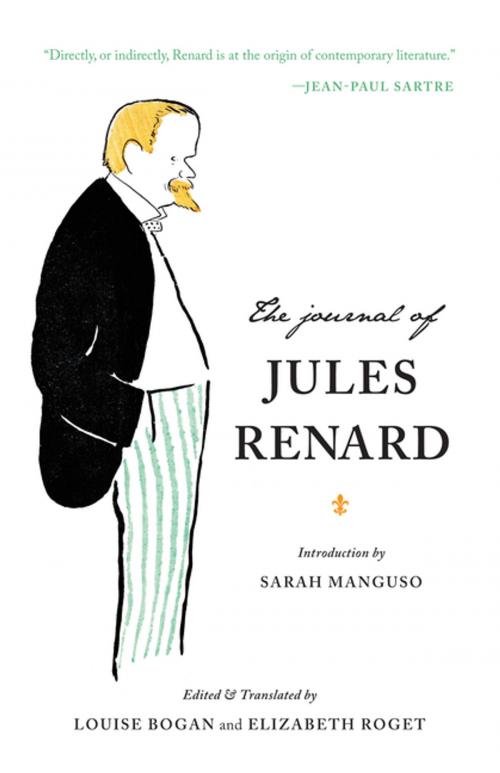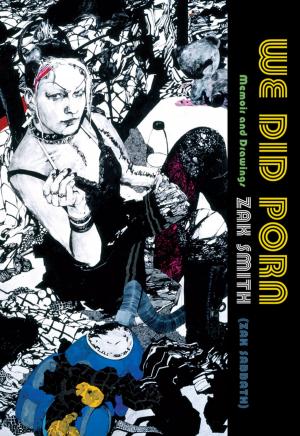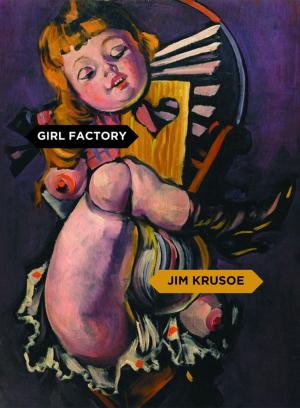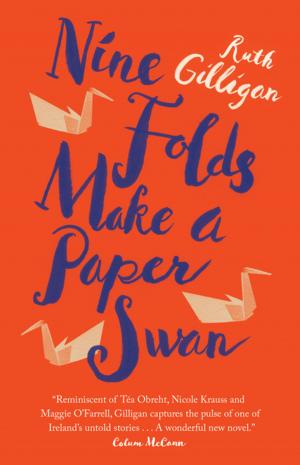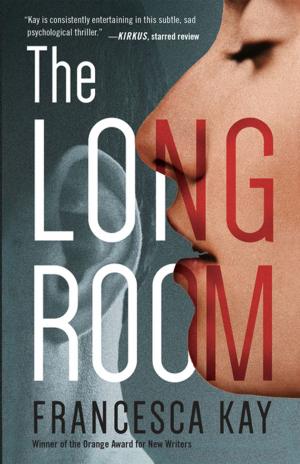| Author: | Jules Renard | ISBN: | 9781941040829 |
| Publisher: | Tin House Books | Publication: | November 14, 2017 |
| Imprint: | Tin House Books | Language: | English |
| Author: | Jules Renard |
| ISBN: | 9781941040829 |
| Publisher: | Tin House Books |
| Publication: | November 14, 2017 |
| Imprint: | Tin House Books |
| Language: | English |
Spanning 1887 to a month before his death in 1910, The Journal of Jules Renard is a unique autobiographical masterpiece that, though celebrated abroad and cited as a principle influence by writers as varying as Somerset Maugham and Donald Barthelme, remains more of a cult object in the United States.
Throughout his journal, Renard develops not only his artistic convictions but also his humanity as he reflects on the nineteenth-century French literary and art scene, and on the emergence of his position as an important novelist and playwright in that world. Through a mix of aphorisms and observations, short scenes, gossip, jokes, and meditations on life and art, Renard portrays the details of his personal life?his love interests, his position as a socialist mayor of Chitry, the suicide of his father?that often appear in his work.
In recent years, the fragmented memoir has grown in popularity, and there’s been a resurgence of diary as an artistic form. Once again, Jean Paul Sartre’s assessment that “directly, or indirectly, Renard is at the origin of contemporary literature” rings true. In a new introduction, Sarah Manguso—whose groundbreaking nonfiction incorporates elements of diary and aphorism—both contextualizes and celebrates Renard’s seminal journal.
Spanning 1887 to a month before his death in 1910, The Journal of Jules Renard is a unique autobiographical masterpiece that, though celebrated abroad and cited as a principle influence by writers as varying as Somerset Maugham and Donald Barthelme, remains more of a cult object in the United States.
Throughout his journal, Renard develops not only his artistic convictions but also his humanity as he reflects on the nineteenth-century French literary and art scene, and on the emergence of his position as an important novelist and playwright in that world. Through a mix of aphorisms and observations, short scenes, gossip, jokes, and meditations on life and art, Renard portrays the details of his personal life?his love interests, his position as a socialist mayor of Chitry, the suicide of his father?that often appear in his work.
In recent years, the fragmented memoir has grown in popularity, and there’s been a resurgence of diary as an artistic form. Once again, Jean Paul Sartre’s assessment that “directly, or indirectly, Renard is at the origin of contemporary literature” rings true. In a new introduction, Sarah Manguso—whose groundbreaking nonfiction incorporates elements of diary and aphorism—both contextualizes and celebrates Renard’s seminal journal.
